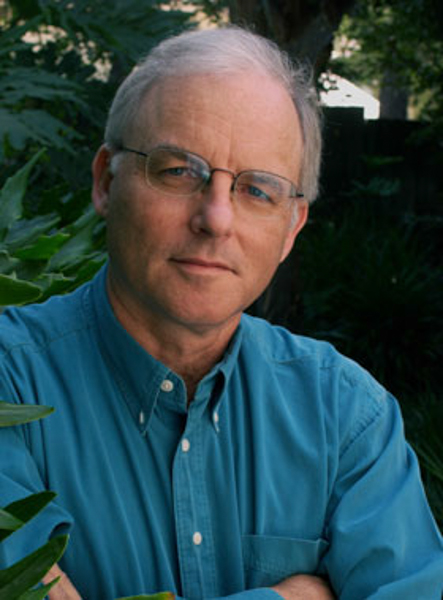
It is possible to achieve a life influenced by nature in all its aspects.
That’s according to author of eight books and environmental journalist Richard Louv, who shared his findings with students of how a nature-rich life is within reach.
As part of the Distinguished Speaker Series, Louv spoke at SUNY New Paltz on Tuesday, Oct. 21 about his theory on how this life is possible.
“We need to remind ourselves that things can get better,” Louv said. “We don’t need to be hopeless.”
He identified six main changes that need to be made in order for everyone to achieve a life where nature has just as much as an impact as technology.
Computers are becoming more incorporated in schools and learning. In order for nature to be incorporated in our lives, schools need to get involved as well, Louv said.
He said computers are tracking students every search and virtually their every move. If this continues, it is going to become harder for students to not rely on the internet for everything, Louv said.
“It’s hard to get away from technology,” Sara Rozycki, second-year public relations major, said. “All of my classes require me to do some type of work on the computer, I can understand why trying to incorporate nature can be difficult.”
Louv explained that humans have much more than just the five senses that are recognized by most people. Nature allows people to expand on these senses but by spending so much time in front of a screen, people are limiting those senses.
“If we are blocking out senses, isn’t that the definition of being less alive?” Louv said. “What parent wants their child to be less alive?”
By taking away the nature, he said people are taking away that calming aspect from children.
“When I was younger I was always playing outside until it got dark,” Erica Ascher, second-year journalism major said. “I didn’t start using technology until I was in sixth grade, but I can definitely see how things are different with younger generations.”
Louv described the ways connecting with nature helps with health, mind, education, job, community and life in general.
He said in the last 30 years violent crime towards children outside the home went down, where as the perception of crime has gone up due to 24- hour news cycles.
“We are being conditioned to live in a state of fear,” Louv said.
Communities have restrictions and outlaws that limit the abilities for families to get involved, he said. Louv explained that this needs to change in order for the integration of nature to happen.
“I have two sons in high school and it’s hard to find activities that they want to do outside,” Caryl Sorkin, an audience member, said. “When I was growing up, the neighborhood children all played outside together. As teenagers, we rode our bicycles everywhere. There wasn’t as much concern for our safety and we couldn’t use technology to connect with our friends, except for the phone.”
In order for things to change, communities have to be willing to think of ways to incorporate nature, Louv explained. He talked about the Children & Nature Network, a movement to connect children, families and communities with nature through innovative ideas.
Everything is interconnected, Louv said. Louv spoke about how people need to reimagine their future as a place where nature and its positive effects are welcomed.
